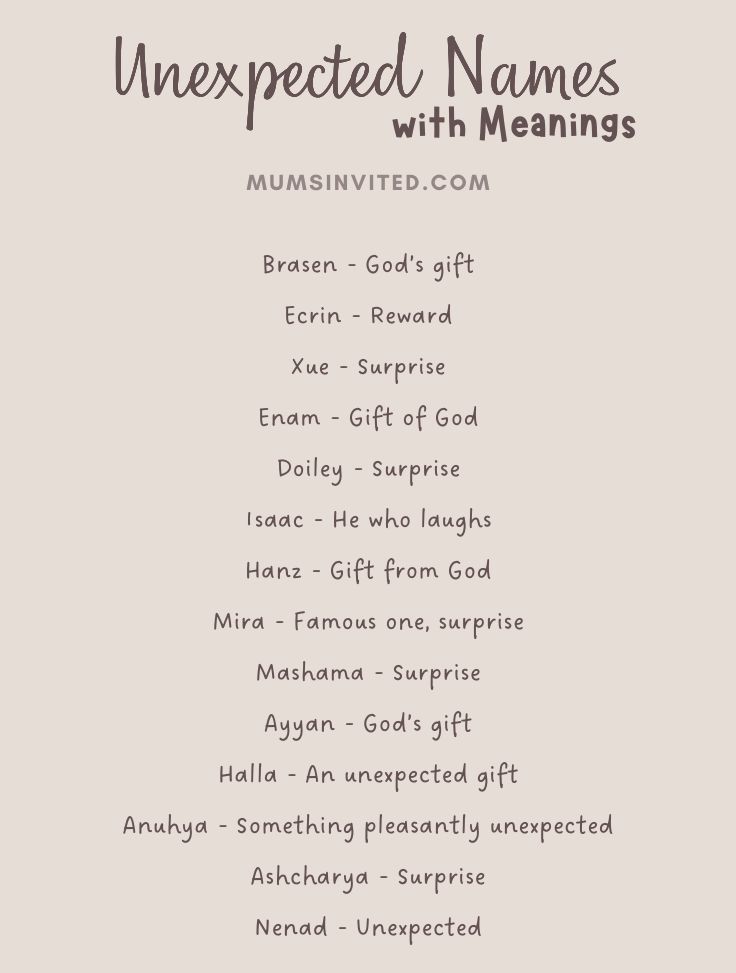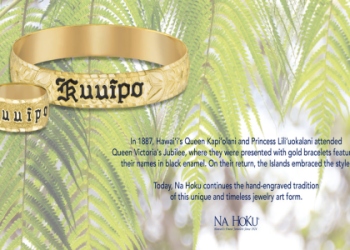Alright, so I was browsing through some old name databases the other day, just for fun, you know, and I stumbled upon this name, “Aethelgifu.” It caught my eye because it sounds so ancient and, well, unique. I was like, “Is this a girl’s name or a boy’s name?” It got me thinking, so I decided to dig a little deeper.
First, I plugged “Aethelgifu” into a couple of online name dictionaries. One of them had a brief entry, saying it’s an Old English name. But that didn’t really answer my question, did it? So I started hitting up some history forums. I figured, who better to ask than a bunch of history buffs, right?
I posted my question in a forum dedicated to Anglo-Saxon history, “Hey folks, is Aethelgifu a girl or boy name?” I got a few responses pretty quickly. Some people said it was definitely a girl’s name, others weren’t so sure. One guy even mentioned that names back then weren’t always as strictly gendered as they are today. That made sense, I guess.

But I wanted a more definitive answer. So I decided to look up some historical figures with that name. Turns out, there was an Aethelgifu who was a queen in the 10th century. She was married to King Eadwig of England. Bingo! That seemed like pretty solid evidence that it was a female name.
Still, I wanted to be thorough, so I checked out a few academic papers on Anglo-Saxon naming conventions. It’s a bit dry, but hey, I was on a mission! One paper explained that the “gifu” part of the name means “gift” and it was often found in female names.
- Searched online name dictionaries.
- Asked on history forums.
- Looked up historical figures named Aethelgifu.
- Read academic papers on Anglo-Saxon names.
Final Verdict
After all that digging, I’m pretty confident in saying that Aethelgifu is a girl’s name. It was a fun little investigation, and I learned a bit about Anglo-Saxon history along the way. It’s amazing how much you can uncover just by being curious about a single name. Anyway, that was one of my random research sessions, hope it’s interesting to you all.












